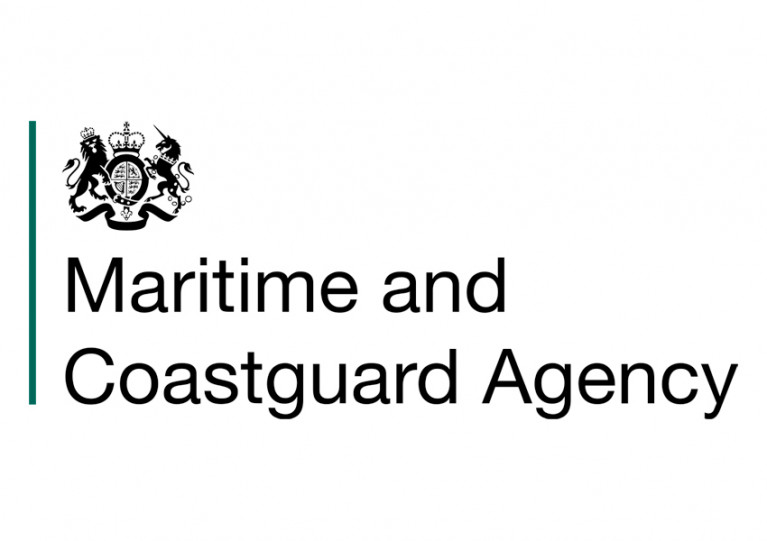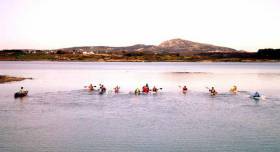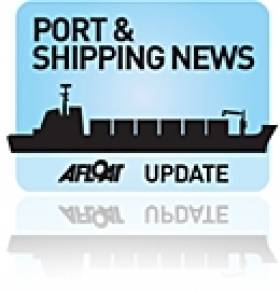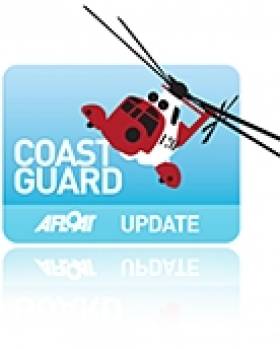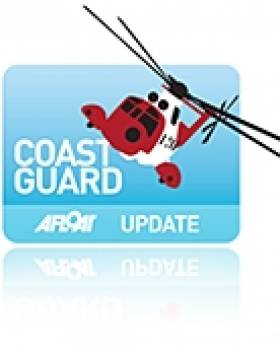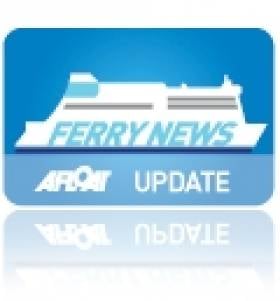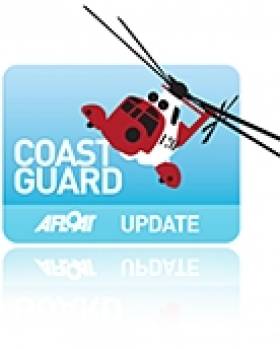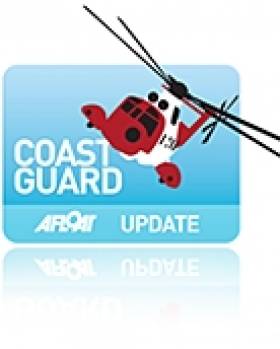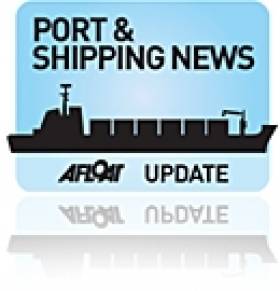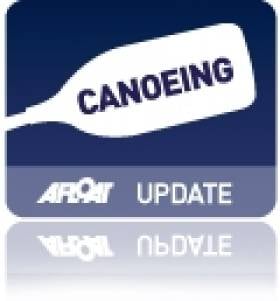Displaying items by tag: Maritime and Coastguard Agency
UK’s Maritime & Coastguard Agency Targets Uncoded Race Yachts
The UK’s Maritime and Coastguard Agency (MCA) says it wants “to send a clear message” to owners and operators of commercially operated yachts that their vessels — including those engaged in racing — must be coded.
The message comes after the MCA agreed to discontinue prosecution against the owners of two yachts, Scarlet Oyster and Playing Around, under the condition that both enter into a written agreement to ensure their vessels are coded when engaged in any commercial activity.
Small, commercially operated yachts must hold a valid code certificate when being used for any commercial purposes, including racing and training, while vessels must also only operate within the category of water for which they have been authorised.
A failure to comply will result in enforcement action, with the MCA saying it is committed to maintaining the rigorous standards of the UK flag.
Despite initiatives to address concerns raised in 2019, such as the publication of an information leaflet and officers attending Gran Canaria for the start of the ARC, investigations were begun into several yachts.
The Regulatory Compliance Investigation Team found a number of breaches, resulting in the owners receiving official cautions, paying several thousands of pounds in intervention costs to the MCA and ensuring their vessels were coded for future commercial use.
Other yachts were sold or removed from the UK flag and are no longer entitled to be UK-registered.
Mark Flavell, lead investigator at the MCA as part of the Regulatory Compliance Investigations Team, said: “A misinterpretation of the code concerning yachts engaged in racing had developed. The MCA want to send a clear message and dispel this misinterpretation.
“Commercially operated vessels, including those engaged in racing, must be coded. This is to ensure commercial vessels are subject of an independent survey and inspection regime. The aim being, as with any scrutiny of commercial operations, is to keep employees and public safe.
“We will not hesitate to take enforcement action against yacht owners who don’t want to hear this message and fail to get their yacht coded.”
Innovative UK approach to Rescue Calls From Stinky Bay & Other Places
I wonder if the example of what FINTAN has done in Britain could be followed in Ireland?
It is an innovative approach to adding to rescue knowledge.
The UK Ordnance Survey and the British Maritime and Coastguard Agency (MCA) have a database called FINTAN, which they describe as helping to create a “vernacular geography” of names known by local people but which have not been listed officially by State organisations.
After five years of work it has built up 6.000 place names known and used by local people, but not until now listed officially. The purpose is that they could be used, if needed, in emergency operations. which could be used both for emergency calls to the Coastguard and to land-based 999 emergency services.
According to the MCA, in emergencies callers can often use nicknames for beaches, rocks and other local areas, for which the names on official maps are different or mightn’t even exist, making the identification of incident locations difficult, so the initiative has been used to close off such loopholes in safety coverage
Some unusual names are listed in FINTAN’S database, including Crazy Mary’s Hole, Nuncle Dicks, Sausage Island and Stinky Bay.
Whatever about the last three of those names, I wouldn’t like to be calling for help and giving the first name as my location to the emergency services! Listen to the podcast below:
Detained Livestock-Carrier Released from UK Authorities
#Cattleships – The detention of the Ireland-Libyan serving livestock-carrier which has been in Fowey since February has been lifted by UK authorities, writes Jehan Ashmore.
Commenting to Afloat.ie, a spokesman for the Maritime and Coastguard Agency said: "We inspected the Express 1 on 21 March at Fowey and lifted the detention as the operator had made the required safety improvements."
As previously reported the 7,087 tonnes vessel was expected to depart the port last week. Last Friday the livestock-carrier departed the port and was understood to be returning to Germany, from where she set off on her voyage in February.
It was during stormy seas in the English Channel, that led to an engine failure and call for assistance by a tug to Fowey. She was subsequently detained at the Cornish port by the MCA which carried out an inspection of the vessel following 'post-repair' sea trails.
UK Coastguard Agency Head Meets Fishermen's Mission in NI
#Coastguard - The chief executive of the UK's Maritime and Coastguard Agency (MCA) was in Northern Ireland yesterday (4 March) to discuss future collaboration with the Royal National Mission to Deep Sea Fishermen.
As Fishupdate.com reports, the charity - also known as the Fishermen's Mission - provides emergency support to fishermen and their families in times of need.
Sir Alan Massey of the MCA was in Kilkeel, Co Down to meet with the charity's CEO David Dickens to find out how best to work together on their common ground of safety at sea.
"We want to encourage a culture where it becomes normal practice for all fishermen to wear a lifejacket or personal flotation device (PFD) when out at sea," said Massey.
Dickens added that the Fishermen's Mission is "keen to engage with all agencies and organisations that seek to reduce the number and severity of incidents in fishing".
Belfast Coastguard Manager Resigns As Station Takes On Extra Load
#Coastguard - For Argyll in Scotland reports that Richard Newell has resigned from his post as rescue co-ordination centre manager at Belfast Coastguard.
The news comes some weeks after the command base took on extra responsibility with the permanent closure of the Clyde coastguard station last month.
Britain's Maritime and Coastguard Agency (MCA) confirmed to the website that Newell resigned from his position around two weeks ago - and that he has assured the agency that his decision has no connection with the streamlining plans being undertaken across Britain's coastguard network.
However, For Argyll alleges Newell had made it known locally that "if he considered the future [of the coastguard service] was becoming dangerous, then he would go".
As previously reported on Afloat.ie, campaigners for the Clyde coastguard station in western Scotland were taken aback by the early transfer of helicopter dispatches to Belfast and Stornoway in November, ahead of the base's permanent closure on 18 December last.
More than 30 jobs were lost with the scrapping of the Clyde control centre at Greenock, with much of its role now being taken up by the Belfast command centre at Bangor across the North Channel - a change to the original plan for Scottish stations to share the load till 2015.
#FERRY NEWS - The captain of the cargo ship Union Moon, who was arrested after his vessel collided with a passenger ferry in Belfast Lough, has been charged with 'excess alcohol by the master of a ship'.
BBC News reports that the 55-year-old was set to appear in court today, following his arrest yesterday.
No one was injured in the incident on Wednesday, when the Union Moon collided with the Stena Feronia close to the Fairway buoy between Carrickfergus and Helen's Bay. Both vessels were substantially damaged.
The cargo ship, which was carrying 2,000 tonnes of aggregate, was brought back to Belfast. Philip McNamara of the Donaghdee lifeboat confirmed that a large section of her bow was missing.
Meanwhile, engineers from Stena Irish Sea are assessing the damage to their vessel to determine how long it will be out of service. The Stena Feronia sails the route from Belfast to Birkenhead in Merseyside.
The Maritime and Coastguard Agency, the Marine Accident Investigation Branch and the PSNI are all involved in the investigation.
BBC News has more on the story HERE.
- Ferry news
- collision
- Belfast Lough
- cargo ship
- Union Moon
- captain
- charged
- drink
- excess alcohol
- ferry
- Stena Feronia
- Birkenhead
- Merseyside
- court
- Fairway buoy
- Carrickfergus
- Helen's Bay
- Philip McNamara
- Donaghdee
- Lifeboat
- Stena Irish Sea
- Maritime and Coastguard Agency
- Marine Accident Investigation Branch
- psni
Online Petition Challenges Cuts to UK Coastguard Network
A campaigner on Twitter is encouraging supporters to sign an online petition against the closure of coastguard stations across the UK.
So far almost 7,000 signatures have been added to the petition started by Twitter user @Coastguard_SOS in protest at the UK government's plans to streamline the Maritime and Coastguard Agency's nationwide network of rescue centres from 19 to 11.
As previously reported on Afloat.ie, campaigners in Scotland have made a desperate plea to save the Clyde station from closure in a public consultation.
Northern Ireland's rescue command centre at Bangor on Belfast Lough is among those saved from the chop following a review of reform proposals this past summer.
But concerns remain that resources will be stretched too thin if fewer stations are responsible for broader areas.
"The revised proposals are also unacceptable not least on the basis that vital local knowledge will continue be lost and therefore lives will continue to be out at risk on our coastlines," the petition warns.
Clyde Campaigners Hope for U-Turn on Coastguard Closure Proposal
Scottish campaigners have made their final pleas to save the Clyde coastguard station from closure, the Greenock Telegraph reports.
Under the UK government's plans to streamline Britain's coastguard network, the control centre at Greenock is set to be scrapped with the loss of 31 jobs, while River Clyde rescues will in future be handled from Northern Ireland.
As previously reported on Afloat.ie, Northern Ireland's only dedicated search and rescue centre on Belfast Lough was saved from the chop following a review of plans to reform the Maritime and Coastguard Agency's nationwide network.
A consultation on the propose closure concluded yesterday, and locals join staff, union leaders and politicians in hoping they can persuade the government to give Clyde a reprieve.
"Local knowledge and understanding are vital when dealing with emergency situations." said local MSP Stuart McMillan.
"To remove a committed and fully functioning coastguard service with expert local knowledge would leave a void that could not be filled by an over stretched centre in Belfast."
The Greenock Telegraph has more on the story HERE (registration required).
Container Ship Refloated After Beaching in Cornwall
BBC News reports that the 131m-long Karin Schepers was beached near St Just early this morning.
Rescue teams were alerted to assist, but the 12-strong crew had managed to free the vessel from the sand by the time help arrived.
According to Steve Huxley of the Maritime and Coastguard Agency (MCA), the ship was "extremely lucky" to get off the sand so quickly.
The cause of the incident is not yet known.
UK Canoeing and Kayaking Stats Published
The UK's Maritime and Coastguard Agency (MCA) has published its annual canoeing and kayaking report for 2010.
Among 456 incidents involving canoes or kayaks across the UK, which include nine fatalities, many were due to people underestimating weather and tidal conditions.
The report highlighted that many canoe and kayak owners in Britain do not wear essential safety kit such as buoyancy suits or lifejackets, do not include contact details in their craft, and are not a part of the CG66 small boat safety scheme which enables the coastguard to easily identify them.
There have also been increased reports of kayakers getting into difficulty which turn out to be kayakers fishing offshore. The MCA urges any kayakers doing so to contact the coastguard to avoid wasted searches.
The report is available to read and download HERE.


























